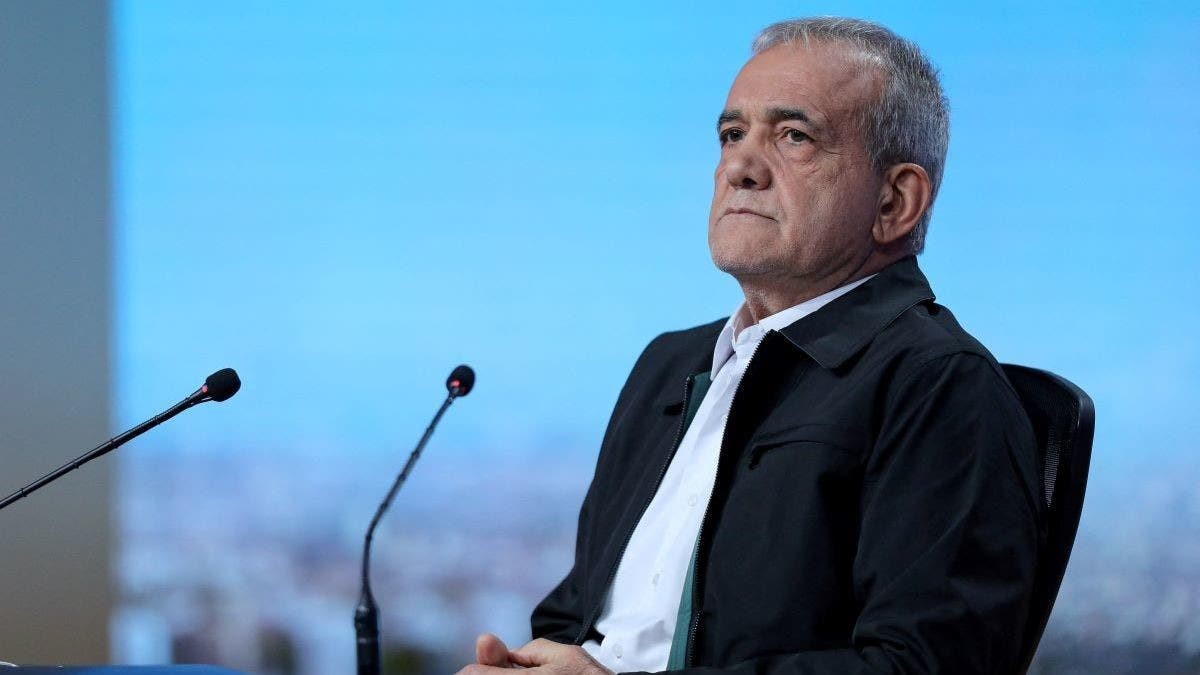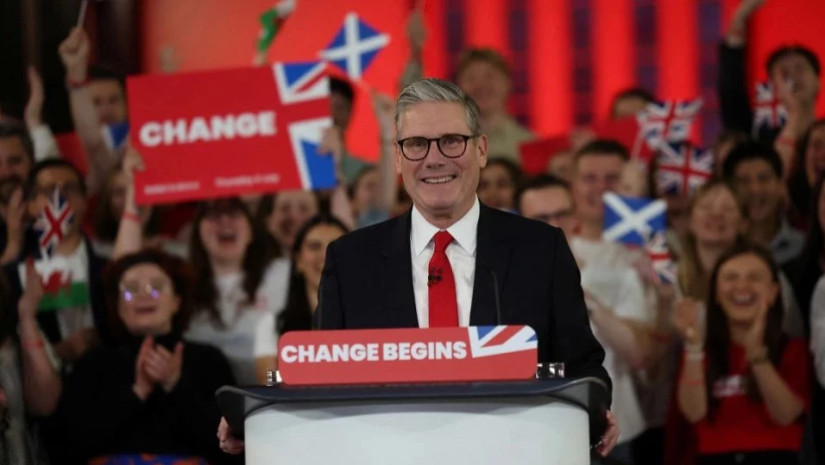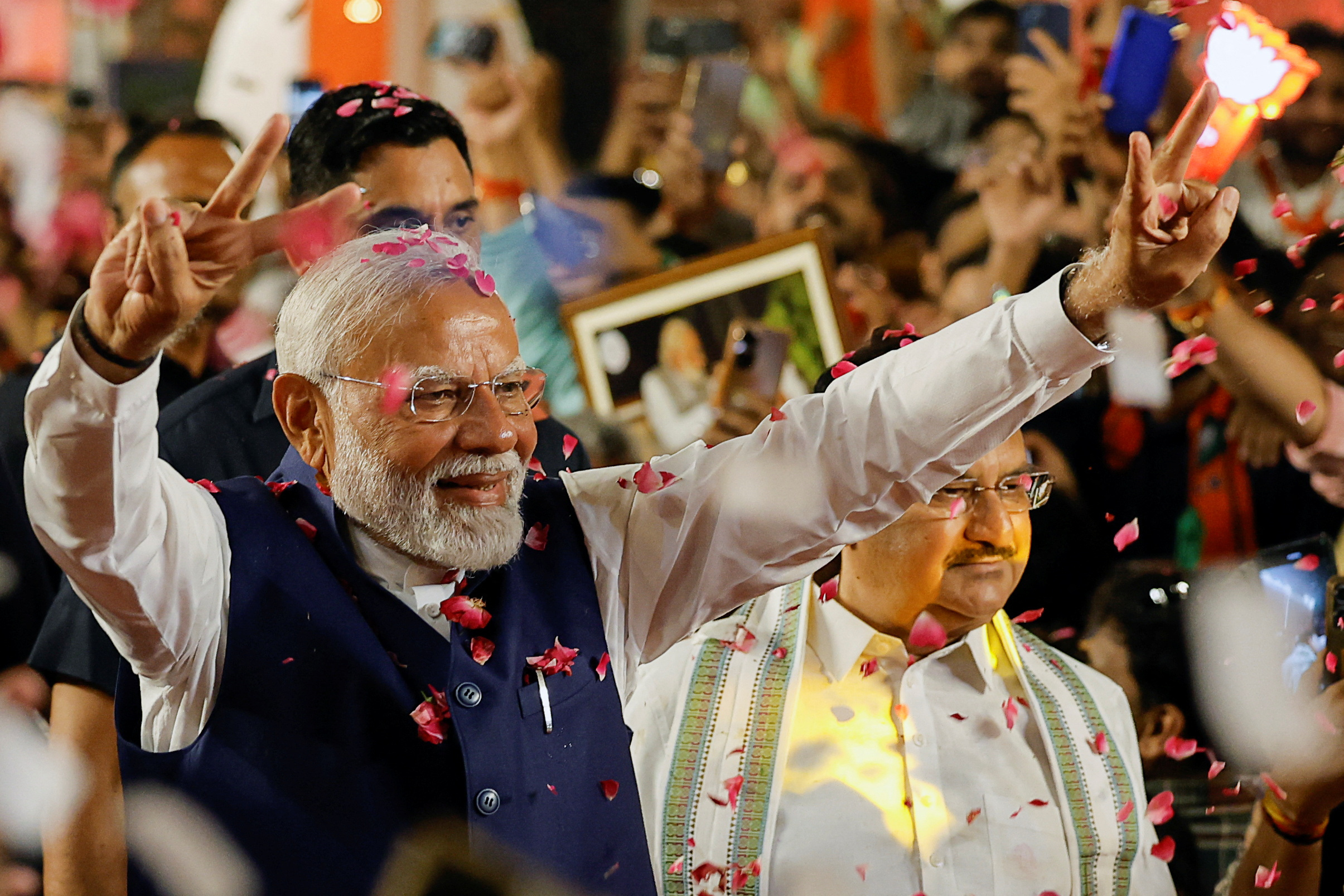Guatemala, officially known as the Republic of Guatemala, is a country located in Central America. It operates as a presidential republic. Here is some information about the election system in Guatemala:
- Presidential Elections: The President of Guatemala is the head of state and is elected directly by the people through a two-round system. If no candidate receives an absolute majority (50% + 1 vote) in the first round, a second round is held between the two candidates who received the highest number of votes. Presidential elections in Guatemala occur every four years.
- Congress Elections: The Congress of Guatemala is the unicameral legislative body of the country. Members of Congress, known as Members of the Congress of the Republic, are elected through a proportional representation system. Guatemala uses a closed party-list system with multiple electoral districts. The number of seats allocated to each party is determined by the percentage of the vote it receives nationwide.
- Electoral Tribunal: The Supreme Electoral Tribunal (TSE) is the autonomous body responsible for organizing and overseeing elections in Guatemala. It manages voter registration, candidate nominations, the voting process, and the counting of votes. The TSE aims to ensure transparency, fairness, and legality in the electoral process.
- Political Parties: Guatemala has a multi-party system, with several political parties participating in elections. The major political parties in Guatemala include the National Unity of Hope (UNE), the Renewed Democratic Liberty (LIDER), the National Convergence Front (FCN-Nación), and the Winaq Party, among others.
- Voter Eligibility: Guatemalan citizens who are at least 18 years old have the right to vote in presidential and congressional elections. Voter registration is required, and citizens must be included in the electoral roll to participate. Eligible voters can cast their ballots at designated polling stations within their respective electoral districts.
Guatemala has faced various challenges in its democratic development, including issues of corruption, inequality, and social unrest. Efforts have been made to strengthen democratic institutions and improve the electoral process.



